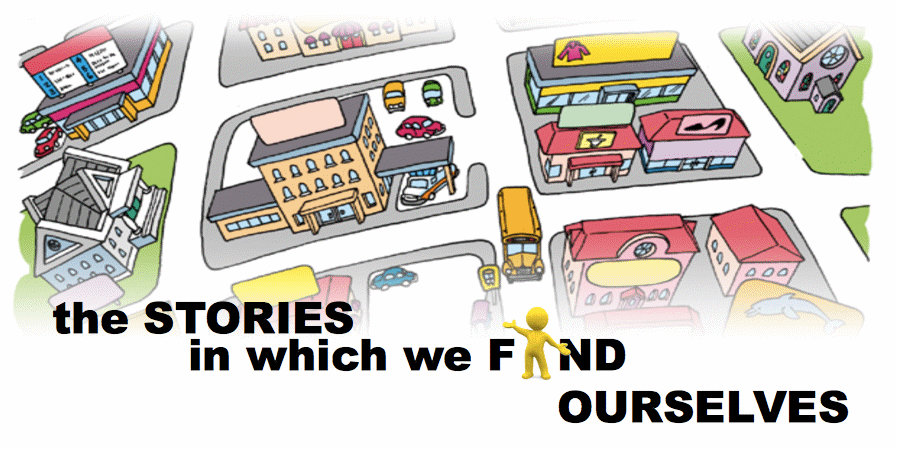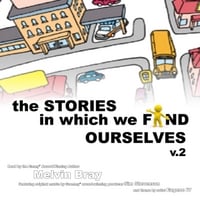Saving Grace—Episode 1
(taken from Genesis 6—a story of creation)
"Now it came to pass, when humans began to multiply on the face of the earth... the LORD said, 'My Spirit shall not always strive with humanity, [nor shall my breath remain in humans forever, because they are only flesh and blood].'
"Then the LORD saw that the wickedness of humans was great in the earth, and that every imagination of the thoughts of their hearts were only evil continually. And the LORD was sorry that He had made man on the earth, and He was grieved in His heart. So the LORD said, 'I will destroy man whom I have created from the face of the earth, both man and beast, creeping thing and birds of the air, for I am sorry that I have made them.' But Noah found grace in the eyes of the LORD."
"Noah found grace in the eyes of the Lord." This is one of the iconic phrases in Judeo-Christian tradition. It is the first time we are given this word "grace"—one of the unique treasures of the way of Jesus. Grace works in two ways. First, by not limiting the good we receive to only what we deserve in light of our shortcomings. For example, even though we poison our land with chemical fertilizers and pesticides that make it hard for anything to grow without more and harsher chemical fertilizers and pesticides, Elohim allows the food we grow to have enough nutrients to keep us alive. Second, grace also allows the good that we are able to do to not be limited to just our own shortcomings. Again, for example, if after years of poisoning the land we decide we want to do better by honoring the natural rhythms by which things grow, we can reintroduce worms to our poisoned land, feed them leftover scraps from our dining table, and before long, they will aerate and naturally fertilize the land, making it again hospitable to all the other good insects and plants that keep the bad insects away.
So when the Hebrew storytellers say "Noah found grace in the eyes of the Lord," they are saying that Noah looked "into the face of God and [saw] the truth of his own dignity."
. . . Finish the story!









